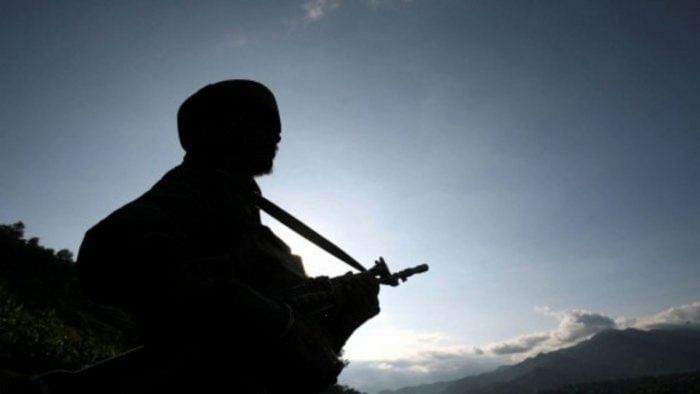
Six members of Kurdish-led security forces and two jihadists were killed Monday in a failed Islamic State group assault near a prison for extremists in northern Syria, a war monitor said.
The failed assault targeted a Kurdish security complex in Raqa, the group's former de facto capital in Syria, which includes a military intelligence prison housing jihadists, the Syrian Observatory for Human Rights said.
"The jihadists were targeting the military intelligence prison" housing hundreds of jihadists, including 200 high-level militants, said Rami Abdel Rahman, who heads the Britain-based monitor.
Also Read | US embassy sounds red alert, prohibits Americans from visiting Islamabad's Marriott Hotel
Kurdish-led authorities announced a state of emergency in Raqa and have put the city on lockdown as security forces hunt down jihadists at large.
IS claimed responsibility for the attack, saying two of its fighters had launched it, one of whom had escaped.
The group said the attack came to avenge "Muslim prisoners" and female relatives of jihadists living in the Kurdish-administered Al-Hol camp.
Al-Hol, home to more than 50,000 people, is the largest camp for displaced people who fled after the Kurdish-led Syrian Democratic Forces (SDF) led the battle that dislodged IS group fighters from the last scraps of their Syrian territory in 2019.
The spokesperson of the SDF, which controls Raqa and Al-Hol, confirmed the death of six security forces to AFP.
The assault was near a prison with IS inmates, he said, but "IS failed to attack the prison because our forces thwarted their attack", Farhad Shami said.
Security forces are still searching the area to arrest members of the cell, he added.
This is the most significant jihadist attack on a prison since IS fighters launched their biggest assault in years in January, when they attacked the Ghwayran prison in the Kurdish-controlled city of Hasakeh.
Hundreds were killed in the assault that lasted for a week and aimed to free fellow jihadists.
Syria's war, which broke out in 2011, has killed close to half a million people and spurred the largest conflict-induced displacement since World War II.